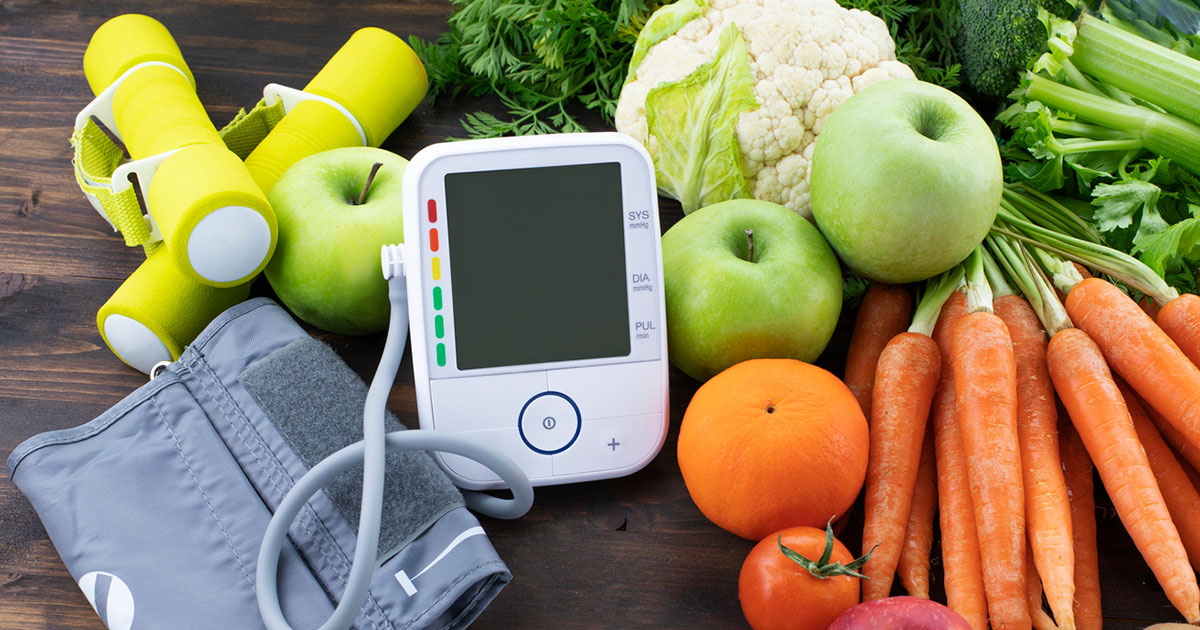Scenario
by Juliette Mathie, Practice Nurse
There is a 43-year-old male HGV driver with type 2 diabetes who was converted to insulin 18 months ago who I have been monitoring at the clinic. At a routine review last week, we discussed the Driver & Vehicle Licensing Agency (DVLA) rules about driving, blood monitoring and hypoglycaemia awareness. He mentioned, almost in passing, that he had two blood glucose meters and intended to use the second only after the first had measured a blood glucose measurement not in the “hypo” range.
When I asked him about this, he freely admitted he intended to only show the “screened” measurements on the second glucose meter to the independent DVLA diabetes consultant at next month’s annual review.
He showed a good understanding of hypos and insisted he had never driven outside of DVLA guidance.
He made me feel uncomfortable when stating, on leaving, that he knew his rights and that this had been a confidential discussion between the two of us.
Ethical discussion of the scenario
by Chris Elfes, GP
This is a disconcerting situation not only because of the emotional context of this man’s livelihood potentially being at risk, but also because of the risk to the lives of other road users. Healthcare professionals are often made aware of information that includes them in the overall responsibility should harm occur to others.
In some senses, the situation is clear-cut and deontological principles mirror the UK-wide legal requirements of all drivers. Despite the patient stating that he has not broken any rules (we have to take his word for this) and that he knows what to do, he does not intend to openly declare all his glucose readings at his formal, independent annual driving medical.
If he does not declare his true results at the forthcoming meeting, he is breaking the law. A utilitarian approach helps us confirm what to do, using a different ethical principle: the “greatest good for the greatest number” is to override the rights of one person to protect the lives of (potentially) many others.
The patient has to understand that no action is inadequate (and that he is breaking the law if he does not act) and that he cannot ask a health professional to “turn a blind eye”. If the individual goes ahead and decides not to declare all glucose readings, a healthcare professional would have to break the duty of confidentiality and report the person to the DVLA. This should be discussed with the healthcare professional’s defence organisation first.
Good, assertive communication would be needed in order to reach a successful conclusion and to not break an ongoing therapeutic relationship!
Ethical principles covered
- Autonomy (the rights of an individual)
- Deontology (the study of duty)
- Utilitarianism (the greatest good for the greatest number)
Traditionally, Immanuel Kant’s deontological principles mean that, regardless of the outcome, the principle of “carrying out one’s duty” outweighs other ethical arguments. For example, it may be your duty to resuscitate a dying person with metastatic disease who has not signed a “do not attempt resuscitation” (DNAR) form, but morally this does not “feel” right. The principal “duties” a healthcare professional must abide by include governing body regulations (e.g. General Medical Council and Royal College of Nursing) and the law of the country.
Autonomy was discussed in the first Ethical dilemma, but it will feature frequently as the “human rights of an individual” dominate many debates.





Quantifying the risk of worsening glycaemia, and how should healthcare professionals respond?
22 Apr 2024